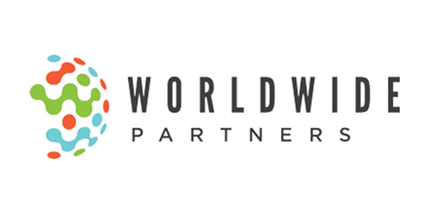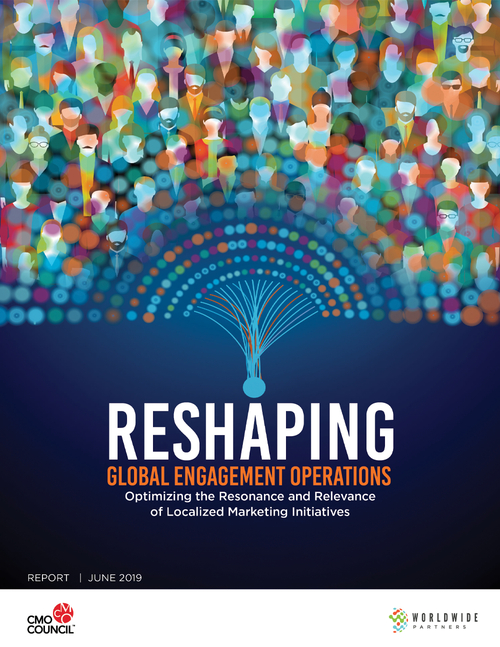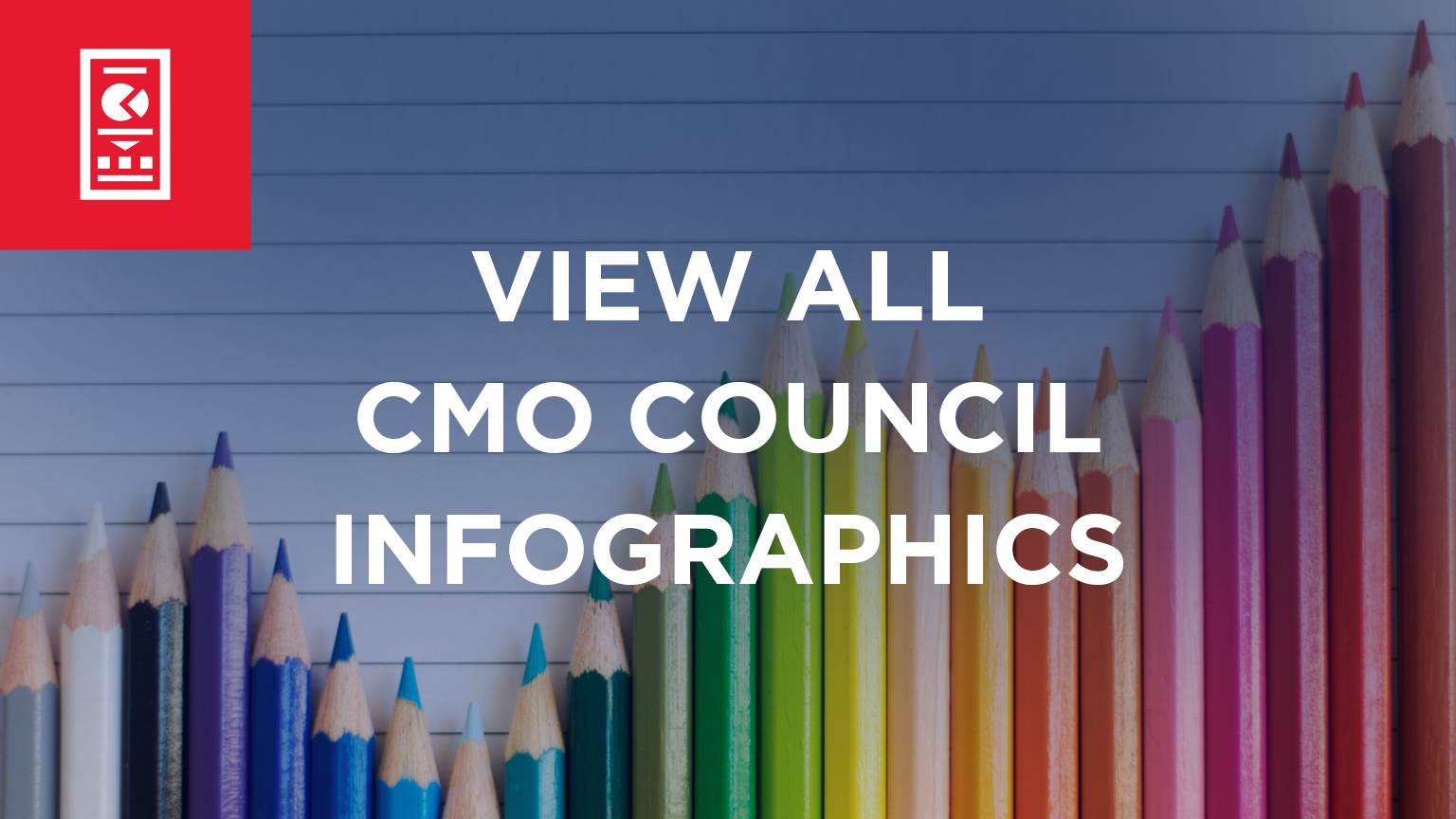As brands eye global expansion and market entry, the question of how to organize teams and partner resources is becoming increasingly complex. Organizations are forced to review their practices as local customers expect personalization that includes accurate, relevant and appropriate reflections of local behaviors and cultures.
The localization of global initiatives demands optimized performance and efficiency. Yet previous CMO Council research showed that only 5 percent of marketing leaders say they are confident in the impact of their agencies and performance partners.
Large questions are being raised, including whether to centralize or decentralize operations; whether to give authority to business units or control the message, tone and voice from a single center of excellence; and whether there should be a single point of accountability or regionally-led decision-makers.
Just as marketers have elevated and innovated engagement strategies and initiatives, it is time to turn a critical eye to organizational structure and matrix to ask where and how efficiency and effectiveness can be coupled with the experience demands and expectations of the critical audience of one, regardless of where they sit in the world. New questions around data ownership and governance, resource allocation and budgeting, measures and metrics, and partner trust and transparency must be vetted and investigated as marketers continue to upskill and optimize performance while driving growth.
The CMO Council, in partnership with Worldwide Partners, investigated new thinking around global operational structures, asking marketing leaders to contribute best practices into organizational structure, team empowerment to meet the needs of the local customer, agency and partner management in the new global matrix as well as sharing insights into the needs, challenges and opportunities of reshaping the operations of global engagement and experience.







